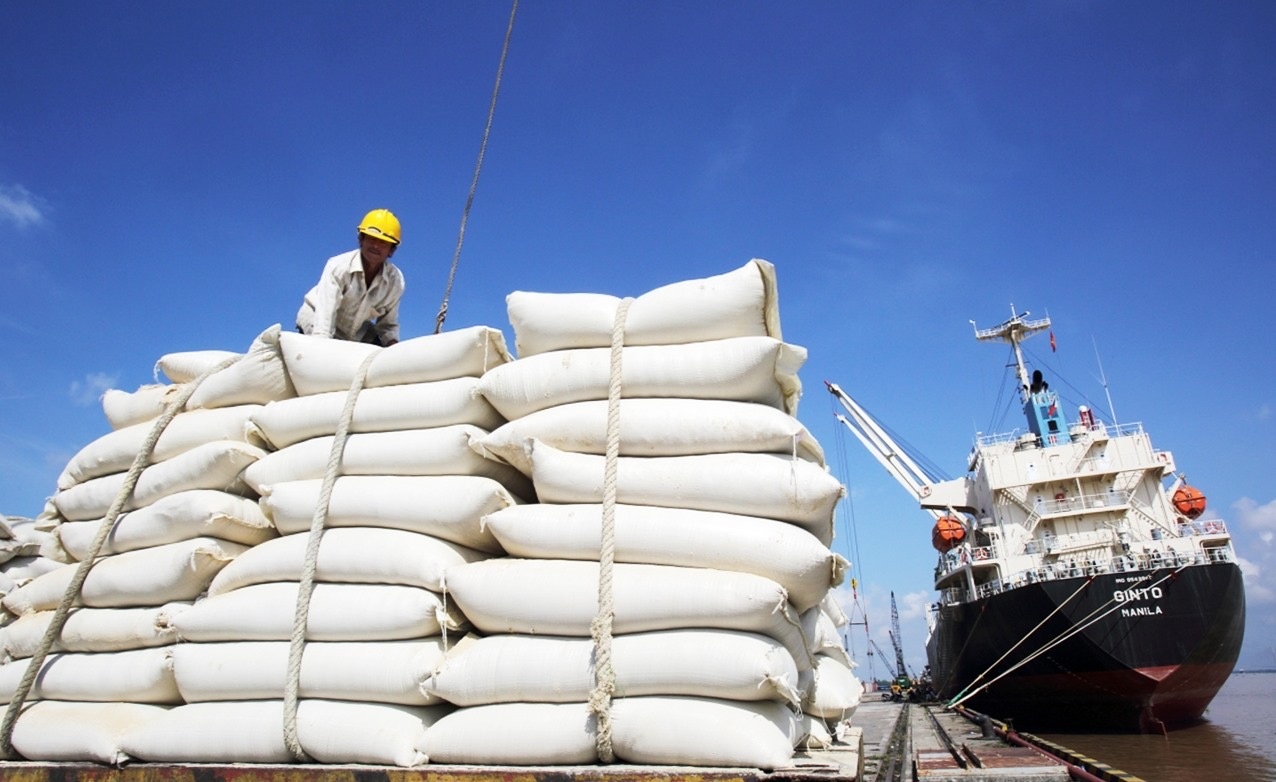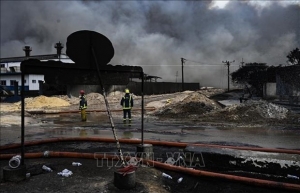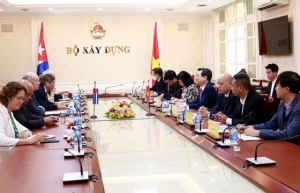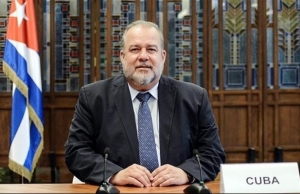Cuba welcomes Vietnamese investment
According to Cuban Prime Minister Manuel Marreno Cruz, Cuba is prepared to enter a period of economic recovery and can advance to an elevated level of progress if it adopts numerous socioeconomic initiatives. With the modification of numerous policies, creating favourable conditions for all sectors to participate in economic development, the establishment of non-state enterprises has increased.
"Cuba seeks international investment in 678 projects in 2022, an increase of 175 projects compared to the previous year, with a total capital of around $12.5 billion," said Cruz, at the Vietnam-Cuba Business Promotion Forum, a conference hosted as part of the official goodwill visit to Vietnam from September 28 to October 2.
Despite several difficulties, Vietnam's willingness to collaborate economically with Cuba has been clear for many years. Statistics from the Foreign Investment Agency (FIA) under the Ministry of Planning and Investment demonstrate that Vietnamese companies operating in Cuba provide several constitutional, trade, labour, and monetary advantages.
First, Vietnamese enterprises are interested in assisting the authorities of the two nations in terms of processes and speedy licencing, particularly with the Mariel Special Development Zone (ZEDM), which is always eager to assist investors with licensing requirements.
Second, the Cuban government puts business first when instructing manufacturing companies to prioritise purchases at the ZEDM if items are priced competitively compared to imported goods. Since 2020, Cuba has introduced a one-price policy for the currency, which facilitates the operation of FDI companies.
Additionally, ZEDM employees have a better pay policy than employees outside, allowing them to recruit additional personnel. The Cuban workforce is highly qualified, eager, and characterised by a culture of politeness, making training straightforward.
 |
| Vietnam and Cuba's trade volume reached $261.7 million in 2021, an increase of 156.6 per cent compared to 2020. Photo: Chinhphu.vn |
The aforementioned benefits are crucial for Vietnamese enterprises to pursue Cuban investment prospects. However, according to the FIA, there are several challenges of this new market that must also be examined to develop the most complete strategy.
The US embargo on Cuba makes it difficult to trade, import, and export raw materials and equipment, resulting in a lack of raw materials, commodities, technology, and equipment, which drives up costs and prevents businesses from taking the initiative on projects.
Machines, equipment, commodities, and materials required for building and manufacturing are mostly unavailable and must be imported, resulting in expenses two to three times higher than in Vietnam.
Businesses also encounter capital and financial issues. Despite Cuba's new constitution permitting the mortgage of land-based assets as collateral for credit institution loans, this practice is not widespread. Because of a lack of governing papers, the Cuban side has not validated project assets, resulting in difficulty in obtaining financing. Therefore, investors continue to mostly invest via equity.
Labour costs are also going up. Companies do not actively recruit qualified workers but go through the labour supply unit to authorise and utilise the licence, while enterprises must also organise transport for workers from home to the factory, which takes about 90 minutes and adds to costs.
The administrative procedures for granting sub-licences and investment licences are frequently lengthy (up to four times longer than in Vietnam), and the coordination of Cuban affiliates is still limited as they must adhere to strict plans that can hinder a project's development.
Currently, Vietnamese companies are engaged in five projects in Cuba, comprising four in the ZEDM and one in the manufacture of building materials in Santa Cruz. Under the ZEDM, the Cuban government is authorised to "licence exploitation" of an economic zone solely in Vietnam. The Thai Binh green power solar project is anticipated to be operational at the ZEDM by December 2022, adding to the rise in Cuba's power output. A diaper factory, the ViMariel Industrial Park Infrastructure Development Project and the Sanvig Building Materials Manufacturing Joint Venture have also been implemented.
 | ASEAN Committee in Cuba extends condolences over oil facility explosion The ASEAN Committee in Cuba (AHC) has offered condolences to the Cuban government and people over the human and assess losses caused by a massive blaze at an oil storage facility which started in Matanzas province on August 5. |
 | Vietnam, Cuba to enhance trade, investment ties Minister of Construction Nguyen Thanh Nghi held a working session with Cuban Minister of Foreign Trade and Foreign Investment Rodrigo Malmierca Diaz in Hanoi on September 27. |
 | Cuban PM’s upcoming Vietnam visit to take ties into new period Cuban Prime Minister Manuel Marrero Cruz's official visit to Vietnam from September 28 to October 2 at the invitation of his Vietnamese counterpart Pham Minh Chinh will be the first visit outside Latin America since the Cuban PM took office in December 2019 and the first visit by a high-ranking Cuban leader to Vietnam since 2018. |
What the stars mean:
★ Poor ★ ★ Promising ★★★ Good ★★★★ Very good ★★★★★ Exceptional
 Tag:
Tag:
Related Contents
Latest News
More News
- 14th National Party Congress: Building Hue into distinctive international cultural, tourism hub (January 22, 2026 | 09:27)
- British rail businesses strengthen cooperation in Vietnam (January 21, 2026 | 18:10)
- Vietnamese businesses step up plans for cybersecurity centres (January 21, 2026 | 11:09)
- AEON Mall injects additional $113 million into Vietnam unit (January 20, 2026 | 12:22)
- Canada pledges $81 million for initiatives in Vietnam (January 20, 2026 | 11:41)
- KK Group opens global flagship store in Ho Chi Minh City (January 19, 2026 | 11:52)
- Gia Lai draws over $1bn in new investment so far this year (January 19, 2026 | 11:50)
- Unlocking capital flows for strategic and suitable projects (January 18, 2026 | 09:00)
- ACV begins cargo terminal construction at Danang Airport (January 17, 2026 | 15:57)
- Viettel starts construction of semiconductor chip production plant (January 16, 2026 | 21:30)






















 Mobile Version
Mobile Version